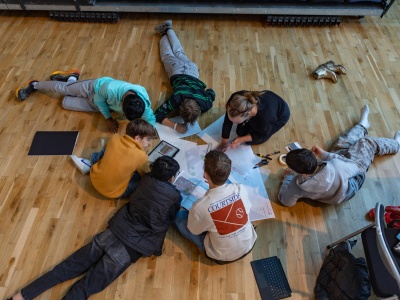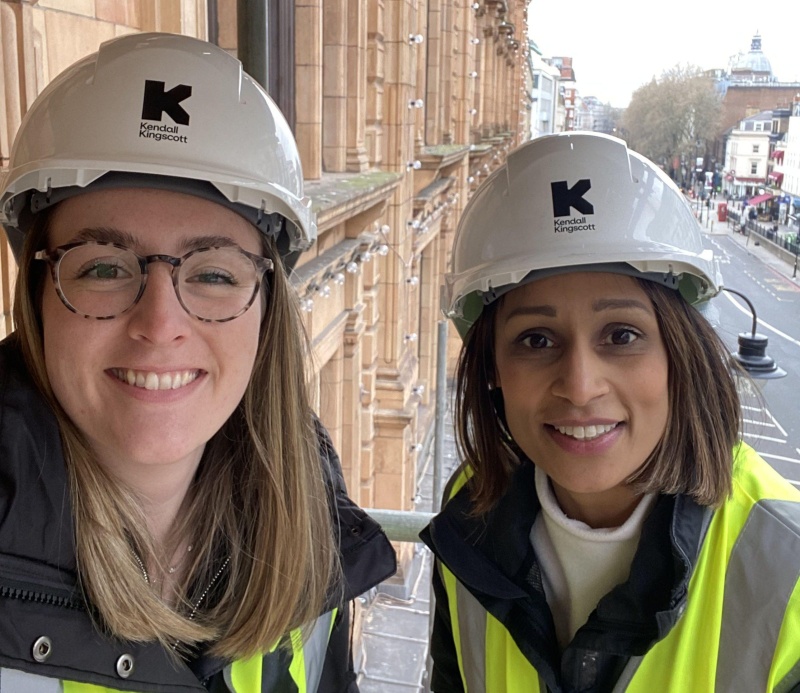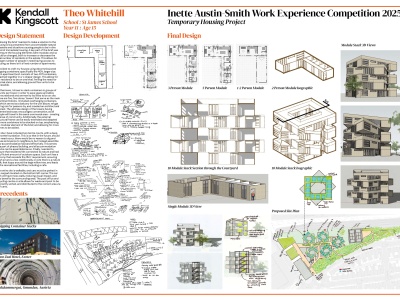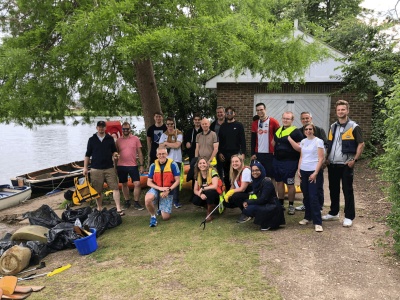
International Women's Day: Women in Construction

The hashtag for this years International Women’s Day is to #InspireInclusion. It's a call to action, urging us to continue to break down barriers, challenge stereotypes, and create an environment where women always feel valued and respected. In today's world, we would hope that women feeling valued in the workplace is a given. However, it’s crucial to keep the conversation going, particularly in an industry often perceived as male dominated. So that’s exactly what we did. We brought together 5 female employees to share their experiences in navigating the construction industry.
Jasmine Blood (Director), Esme Wakefield (Assistant Building Surveyor), Alice Hulbert (Architectural Technologist), Ashleigh Weise (Undergraduate Quantity Surveyor), and Annie Jeremias (Quantity Surveyor) all took part in the discussion.
Here is a summary of their insights:
The construction Industry is often perceived as male dominated. In 2024, would you agree there is a growing female representation?
Esme describes how there may be a greater visibility of women in the construction industry in cities compared to rural areas, but how there is certainly an observable increase overall. Annie reinforces this, telling us how she began her career at KK as the only female Surveyor in the Bristol office 5 years ago, and now there are 4 female Surveyors within her team. Alice notes that while she hasn’t seen much of an increase in women within contracting roles, she has noticed a growing representation of women in design teams and consulting roles over the last couple of years.
Ashleigh highlights the societal push for gender equality as a significant factor in the organic shift towards more women in the industry. In this way, it feels positive that women joining the industry in 2024 should feel less like they stand out amongst a male majority. Whilst there is still a need to encourage more to join, there is a clear sense that the increasing presence of women in the industry shows that we are moving in the right direction.
In your experience, have you found there to be any challenges as a woman in a male-dominated industry?
Annie highlights what she calls a “common misconception” that the industry is filled with old-fashioned attitudes but emphasises that society is evolving. However, the women also share instances where they have encountered people from outside of work who try to impose their outdated beliefs on them. Esme recalls being told by an older relative to leave her job to the men, while Ashleigh describes others having had difficulty picturing her on a construction site.
When it comes to working alongside contractors on-site, Alice admits to having found herself in the past feeling she had to explain herself more extensively, feeling that they might doubt her ideas due to being female. To overcome this, she explains having developed a heightened sense of confidence in what she’s discussing. Alice believes that perhaps if she were male, she might have always felt more readily accepted without the need for constant explanation.
What would you say is a benefit of having women in construction and how we may have a different approach to men?
Esme points out that women make up 50% of the population and questions why they should ever be excluded from an industry. She highlights the value of inclusivity and having a balance of different ideas and approaches. Alice takes this further, discussing how men and women are scientifically proven to have a different way of thinking and processing. While men favour logical and linear thinking, women engage both hemispheres of the brain, enabling a more comprehensive and holistic approach. This reinforces the importance of having a diverse range of thinkers in the industry, and how women can bring a unique perspective. Jasmine summarises and supports this notion based on her experience, noting that the best teams are often made up of both men and women, with a balance of genders, communication skills, and approaches.
What would you say to aspiring women hoping to join the industry?
The women all agree that the best advice is to just believe in yourself and go for it! Having confidence in your abilities will overpower any doubts that others may try to impose. Jasmine emphasises her belief in the importance of asking lots of questions, even after years in the industry. Asking questions leads to more positive outcomes, encourages a collaborative environment, and fosters the sharing of ideas.
Ashleigh’s best advice for women looking to join the industry is to just take the plunge. She believes that women have already made significant strides in construction and STEM environments, and each person has the potential to be a catalyst for change.
So why not be that person?

